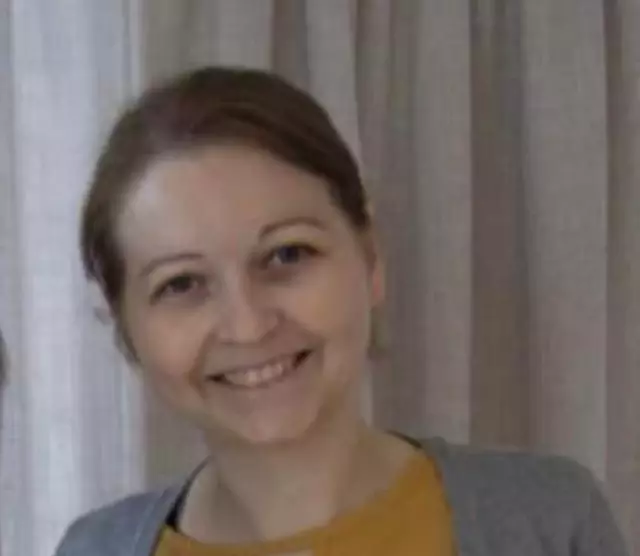Discover the tragic story of a 33-year-old woman who died due to medical negligence. Her legacy sparks a debate on healthcare gaps.
Stephanie Aston, a 33-year-old woman from New Zealand, passed away on September 1 at her home in Auckland. Aston had been an advocate for patients suffering from rare disorders, particularly after her own symptoms were dismissed by medical professionals as psychological issues.
The Battle with Ehlers-Danlos Syndrome (EDS)
Stephanie Aston was 25 when she first began experiencing symptoms in October 2015. Unbeknownst to her at the time, she had inherited Ehlers-Danlos Syndrome (EDS), a genetic condition that weakens connective tissues. These tissues play a crucial role in supporting the skin, blood vessels, bones, and major organs.
Symptoms and Prevalence of EDS
EDS manifests through a variety of symptoms, including loose joints, abnormal scar formation, and delayed wound healing. The skin may also have a soft, velvety texture that bruises easily. The condition affects approximately one in every 5,000 people and has at least 13 different variants, ranging from mild to life-threatening.
Medical Negligence and Misdiagnosis
Aston's symptoms were severe and included easy bruising, migraines, joint dislocations, abdominal pain, iron deficiency, fainting, tachycardia, and multiple injuries. Despite the severity of her condition, she was accused of faking her symptoms when she was referred to a hospital.
The Impact of Gender Bias in Healthcare
Stephanie Aston was placed under psychiatric watch without any prior evaluation or consultation. Aston's experience is not isolated; research indicates that women are more likely than men to be misdiagnosed. This is partly due to the under-representation of female bodies in clinical research and prevailing misogynistic perceptions in medical narratives.
A Legacy of Advocacy and Support
Stephanie Aston was an active member of her community, hosting multiple events in Auckland and participating in support groups. Even until her last moments, she was committed to helping others. Her family released a statement confirming her passing, describing her as a "beacon for many" and expressing hope that she may now rest in peace.
Hospital Yet to Comment
As of the time of reporting, Auckland Hospital has not yet responded to requests for comment regarding Stephanie Aston's case.
The loss of Stephanie Aston serves as a poignant reminder of the gaps in healthcare systems, particularly in the diagnosis and treatment of rare disorders. Her legacy continues to inspire advocacy for better medical understanding and care.


